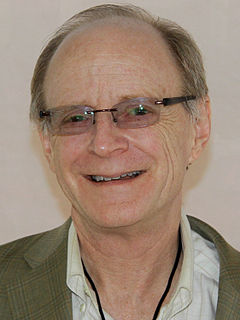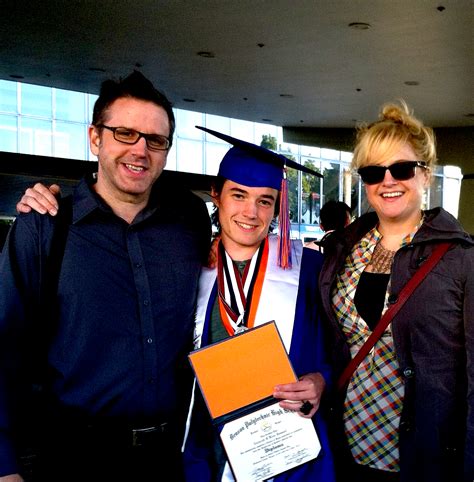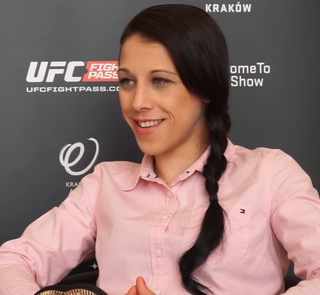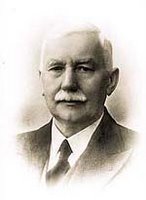A Quote by Chance The Rapper
Everything you write as an artist is about your legacy and your catalog and how you would look in a museum.
Related Quotes
Write down the area of your life that most needs your attention right now and then write out all the details you saw of your soul's vision for this part of your life. What will that part of your life look like? How will achieving your goal change your life? How will it change the life of those around you? When you reach your goal, when you fulfill that desire, what will it make room for? Write that all down.
Over the next four days, I want you to write about your deepest emotions and thoughts about the most upsetting experience in your life. Really let go and explore your feelings and thoughts about it. In your writing, you might tie this experience to your childhood, your relationship with your parents, people you have loved or love now or even your career. How is this experience related to who you would like to become, who you have been in the past, or who you are now?.
Read as much as you write. Go out and meet other writers. Look for stories in everything around you - music, movies, family, strangers, your bus ride to work, and of course the streets. Also - keep moving forward, keep creating new things. Leave evidence of yourself in this world. Imagine what your legacy could be and try to create it.
Nothing has a more sinister effect on art than the artist's desire to prove that he's good. The terrible temptation of idealism! You must achieve mastery over your idealism, over your virtue as well as over your vice, aesthetic mastery over everything that drives you to write in the first place - your outrage, your politics, your grief, your love!
I think that were I in the middle of an obsession to write about, say, sudden oak death in California or my grandchildren or time and memory and how they look when you get to be in your sixties, and I thought, "Well, yes but people are dying every day in Baghdad," I wouldn't feel guilty about not writing about Baghdad if I didn't have any good ideas about how to write about it.
People could achieve much more if only they would put in more effort. You must take responsibility for your own life. Be conscious of how you use your time! Be conscious of how you listen! Be conscious of how you manage all of your affairs, so that God can look upon you and be well pleased. Seek God's honor in everything you do.
What is your legacy? Are you intentional about the sort of influence you want to have on the world around you? Being aware of how you want to be remembered gives you a perspective on what is truly important. Leadership is influence, and relationships are the foundation of leadership. Nothing is more predictive of your legacy than the quality of people you surround yourself with.
Frankly, I get much more sensitive about what's written about me than how I look in a photo. I'm so used to people seeing my image in plays and films that what they think about how I look is none of my business. If they says, "Hey, he doesn't look good," I'm like, Whatever, because I know I look different from day to day. But if you're up there putting your heart into something and people reject your performance, that's very painful. The written word can kick your ass.
I’m curious about things that people aren’t supposed to see—so, for example, I liked going to the British Museum, but I would like it better if I could go into all the offices and storage rooms, I want to look in all the drawers and—discover stuff. And I want to know about people. I mean, I know it’s probably kind of rude but I want to know why you have all these boxes and what’s in them and why all your windows are papered over and how long it’s been that way and how do you feel when you wash things and why don’t you do something about it?



































